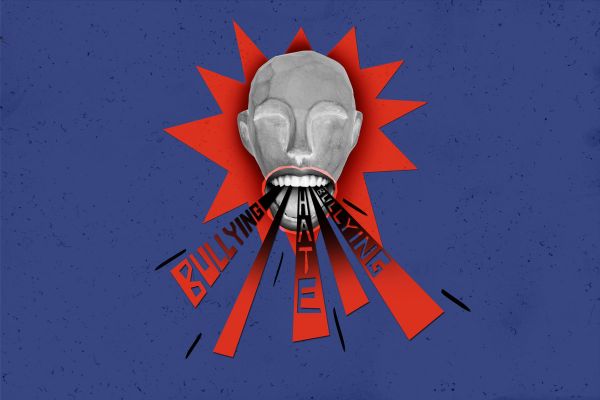Insights
INSIGHTS
All Topics
My Account
Video: Why even the smallest charity needs to be cyber secure
19 May 2022by Laura Stanley
Watch our video exploring how all charities can look after their cyber security, whatever their size – and why they should
Small charities hold big amounts of data. Whether it’s their mailing list or a database of their beneficiaries, small charities need to protect the personal data of their audiences. If they fail to do so, they could face potentially damaging their reputation or being fined by the ICO.
Unfortunately, according to our State of Cyber Security in the UK Charity Sector report, many small charities don’t think they are home to sensitive data. As a result, they were much less likely than the rest of the sector to prioritise cyber security in order to protect it. Cyber security was ranked as the third biggest priority for charities overall, but for micro charities, it was rated sixth.
Indeed, one of the overwhelming trends that emerged from the report was that smaller charities are struggling to keep up when it comes to cyber security. More than two in five micro charities (42%) said they didn’t have a plan in place to deal with a cyber breach, while 32% also thought themselves unlikely to be a victim of a cyber attack
The report found that the smaller the charity, the less likely they are to think a cyber breach will affect their organisation. But, alas, no charity is immune. Cyber criminals attack organisations of any size and, unfortunately, smaller charities and their limited budgets and resources are more vulnerable than larger charities and their dedicated cyber security professionals.
In the above video, we outline the core tips small charities can follow to remain resilient against cyber threats. With help from the National Cyber Security Centre, it links to free resources available to charities and demonstrates practical steps everyone can take to make cyber security their priority.
Resources available
Below are some free tools discussed in the video from the NCSC:
- NCSC Small Charity Guide
- How to spot a phishing attack
- Web Check and Mail Check
- Early Warning
- Exercise in a Box
You can also find discounted software options for cyber security available on the Charity Digital Exchange.
More on this topic
Related Content
Recommended Products
Our Events
Charity Digital Academy
Our courses aim, in just three hours, to enhance soft skills and hard skills, boost your knowledge of finance and artificial intelligence, and supercharge your digital capabilities. Check out some of the incredible options by clicking here.















